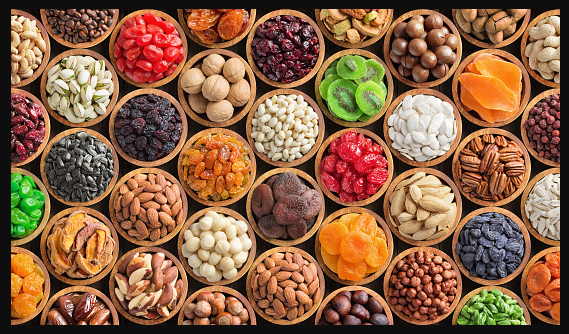By Babajide Komolafe, Economy Editor
THE World Bank has warned that the rising prices of food items will reverse the progress of poverty alleviation in Nigeria.
It gave this warning in a report titled, ‘’Global Economic Prospects,’’ released over the weekend.
In Nigeria, Food inflation rate rose, month-on-month, MoM, to 2.0 percent in April from 1.62 percent in January according to the data from Nigeria Bureau of Statistics, NBS.
While noting that the rising price of goods and services, partly induced by the supply disruptions owing to the war in Ukraine, has weekend economic growth in Nigeria and other countries in the Sub Saharan Africa region, the World Bank stressed that the slow down in growth pandemic induced losses in per capital income across the region.
It further projected that this could reverse recent progress in poverty alleviation in countries where vulnerable populations are sizable like Nigeria and Democratic Republic of Congo.
The stated: “Following a rebound of 4.2 percent in 2021, growth in Sub-Saharan Africa (SSA) has weakened this year as domestic price pressures, partly induced by supply disruptions owing to the war in Ukraine, are reducing food affordability and real incomes, especially in low-income countries (LICs).
“Growth in the three largest SSA economies — Angola, Nigeria, and South Africa —was an estimated 3.8
Percent in 2021 supported by the 4.9 percent rebound in South Africa. Growth momentum carried on in Angola and Nigeria, where high oil prices, the stabilization of oil production, and recovery in non-resource sectors supported activity in the first half of this year.
‘Nevertheless, persistently high domestic inflation, power cuts, and shortages of food and fuel have been weighing on recoveries.
“The growth slowdown in SSA could also intensify pandemic-induced losses in per capita incomes. The region is now expected to remain the only Emerging Market and Developing Economy (EMDE) region where per capita incomes will not return to their 2019 levels even in 2023.
“In about 45 percent of the region’s economies and in half of its fragile and conflict-affected countries, per capita incomes are forecast to remain below pre-pandemic levels next year. “Surging food and fuel import bills could also reverse recent progress in poverty alleviation across the region, especially in countries where vulnerable populations are sizable (Democratic Republic of Congo, Nigeria), and dependence on imported food is high (Benin, Comoros, The Gambia, Mozambique)”
Vanguard News Nigeria

